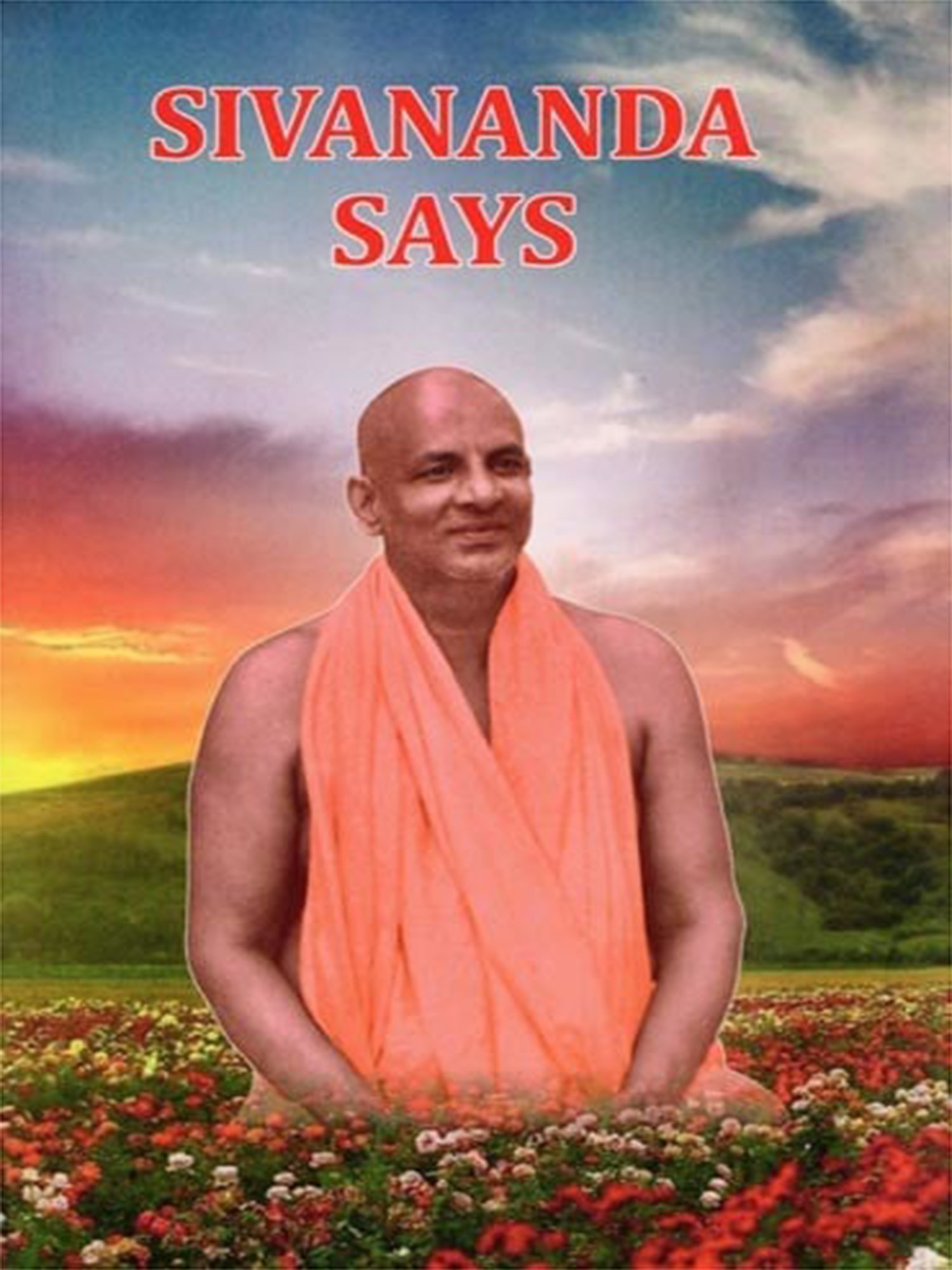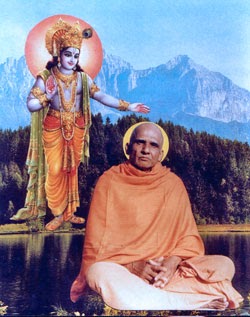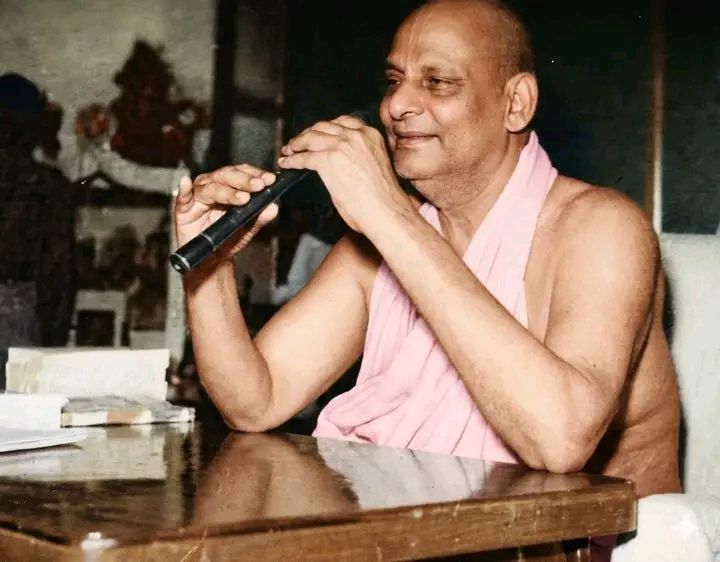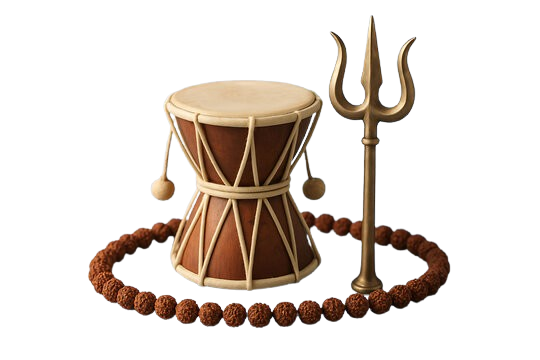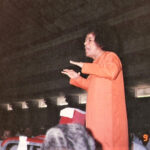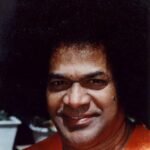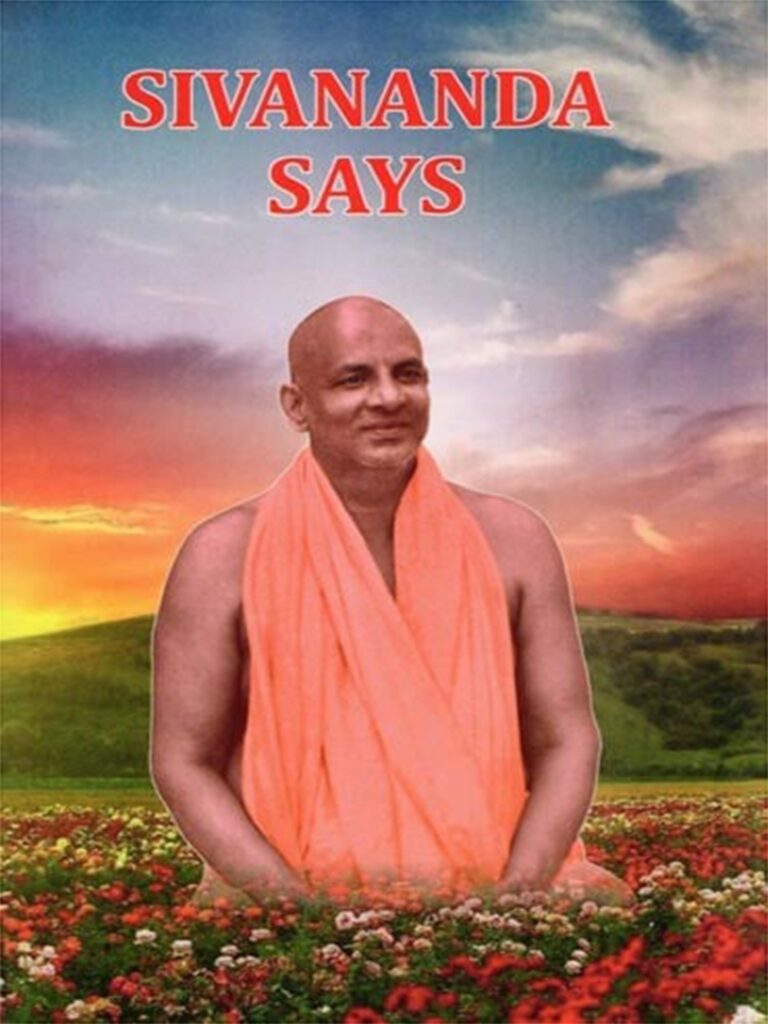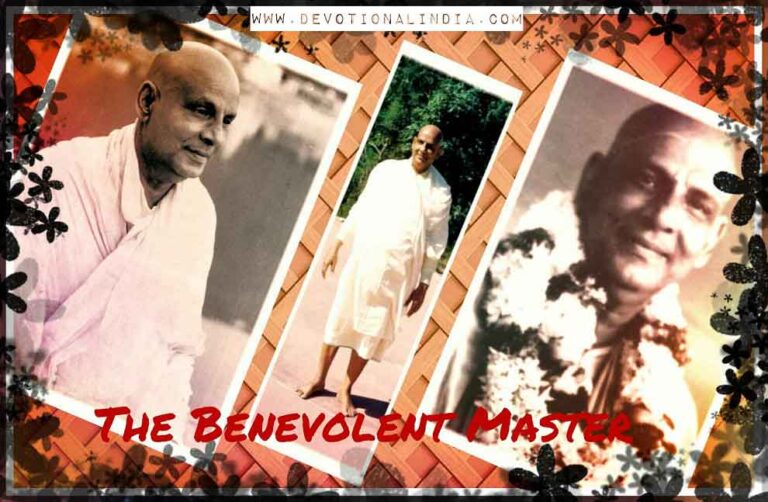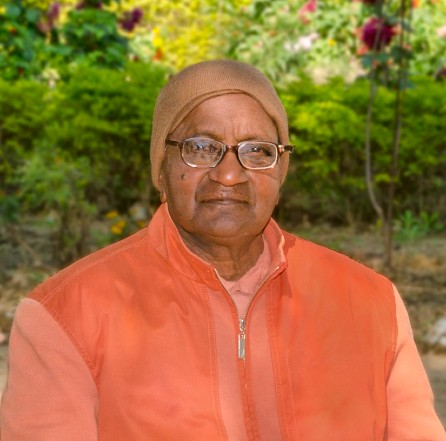Shri Jayadeva
Shri Jayadeva

Shri Jayadeva Gosvami
was the head pandita in the court of King Sri Lakshmana Sena. His father was Bhoja deva and his mother, Bama devi. His wife’s name was Padmavati. He made his appearance at Kendu-bilvagram in the district of Birhum, during the eleventh century.
During the time that he was engaged as head pandita of king Lakshmana Sena, he resided at Navadvipa on the banks of Ganga. He stayed with three other panditas who were also his close friends. He has mentioned their names in his Sri Gita-Govinda: Sri Umapatidhar, Acharya Sri Govardhan and Kavi Kshamapati.
Sri Chaitanya Mahaprabhu used to especially relish hearing the Gita Govinda
s well as the works of Chandidas, Vidyapati, Ramananda Ray and the Krishna-karnamrita by Bilvamangala Thakur. Sri Gita Govinda is full of intimate pastimes of Sri Sri Radha Govinda and is therefore meant for those who have accumulated sufficient spiritual piety.
In the Gita Govinda, while writing about the pastimes of Radharani as She repented after Krishna had gone away, he became lost in thought. Not being able to decide whether or not he should write a particular verse

“O Krishna, You are the destroyer of the poison of lust.
Place Your tender lotus feet, my Lord, as an ornament on my head.”

he decided to first take his bath, and return to his writing later.
While he was taking his bath, Krishna Himself personally appeared in the form of Jayadeva, took his meal and then wrote down that very verse with His own hand. Then, while Padmavati was accepting her meal, Jayadeva returned from taking his bath in the Ganga. Padmavati was completely startled to see her husband, and Jayadeva too was surprised to see that his wife was accepting her meal before him (which is never done by Hindu wives). Finally she explained that he had already returned and taken his meal, and then gone to his room. Jayadeva went to where he had been writing and saw the verse that he had been considering whether to write or not, now composed in golden letters. With tears in his eyes and voice choked up he called out to his wife, “Padmavati! You are so fortunate! You had darshana of the Supreme Lord!”
Hearing this, his guru was so pleased that he discussed about Tyagraja’s caliber with the king of Thanjavur. The King sent his men with many gifts to Tyagraja and sent an invitation to come to king’s court. The king wished that Tyagraja remains in the court and sing for him. But Tyagraja rejected King’s invitation because he only wanted to sing for his beloved God Shri Ram.
Bhaktivinoda Thakura has commented that even though Sri Gauranga Deva hadn’t revealed His internal pastimes at that time, within the heart of Sri Jayadeva, Sri Bilvamangala, Sri Chandidas and Sri Vidyapati, the transcendental mood of Mahaprabhu was awakened even before He Himself actually made His appearance.
“Beloved! O beautiful one, with tender, sweet speech!
Please relieve me of the fatigue of my journey with your loving honor.”
The Gītā‑Govinda is arranged into 12 chapters, each comprising prabandhas, which further divide into 24 ashtapadis—hymns of eight couplets each. These explore eight moods of the heroine (Ashta-nāyikā), blending human emotion with spiritual symbolism via the Radha–Krishna romance
Jayadeva begins with the Dashavatara Stotra, affirming Krishna’s supreme divinity across the ten incarnations of Vishnu—establishing devotional context for the sensual sublime that follows
Jayadeva’s poetry is famed for its madhura‑bhāva—sweet, devotional romance—that elevates physical longing into spiritual surrender. He explicitly warned that only those whose hearts are immersed in remembrance of Sri Hari and yearn to taste Krishna’s pastimes should engage with his text, otherwise its deeper meaning could be missed or misconstrued
Between the 14th and 19th centuries, over 150 literary works were inspired directly by the Gītā‑Govinda, and thousands of manuscripts in various languages remain extant today—demonstrating its deep influence across generations and regions
Even the Sikh tradition embraced Jayadeva: two of his hymns were included in the Guru Granth Sahib, where he is honored as Bhagat Jayadeva, transcending sectarian boundaries

It teaches that true devotion surpasses private joy, aiming to please Krishna rather than the self
It models how love transforms into spiritual surrender, a core theme in late medieval Vaisṇava bhakti.
Jayadeva’s Gītā‑Govinda is a work of transcendent romance and devotion—part sensual, part spiritual, entirely divine. Through his expressive ashtapadis, he invites readers to taste the longing of Radha, the gentleness of Krishna, and the union that breaks illusion. It’s a poem to be experienced, ideally by those who can surrender in emotional depth to hear Krishna’s melody in every line
Source: iskcon banglore











